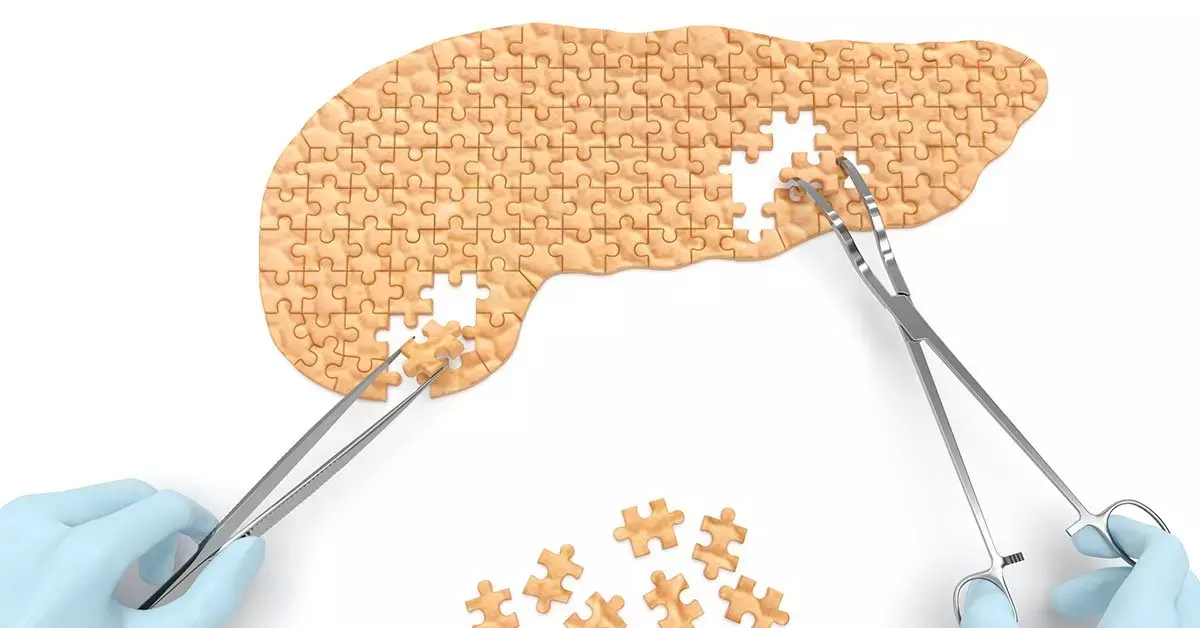- Home
- Medical news & Guidelines
- Anesthesiology
- Cardiology and CTVS
- Critical Care
- Dentistry
- Dermatology
- Diabetes and Endocrinology
- ENT
- Gastroenterology
- Medicine
- Nephrology
- Neurology
- Obstretics-Gynaecology
- Oncology
- Ophthalmology
- Orthopaedics
- Pediatrics-Neonatology
- Psychiatry
- Pulmonology
- Radiology
- Surgery
- Urology
- Laboratory Medicine
- Diet
- Nursing
- Paramedical
- Physiotherapy
- Health news
- Fact Check
- Bone Health Fact Check
- Brain Health Fact Check
- Cancer Related Fact Check
- Child Care Fact Check
- Dental and oral health fact check
- Diabetes and metabolic health fact check
- Diet and Nutrition Fact Check
- Eye and ENT Care Fact Check
- Fitness fact check
- Gut health fact check
- Heart health fact check
- Kidney health fact check
- Medical education fact check
- Men's health fact check
- Respiratory fact check
- Skin and hair care fact check
- Vaccine and Immunization fact check
- Women's health fact check
- AYUSH
- State News
- Andaman and Nicobar Islands
- Andhra Pradesh
- Arunachal Pradesh
- Assam
- Bihar
- Chandigarh
- Chattisgarh
- Dadra and Nagar Haveli
- Daman and Diu
- Delhi
- Goa
- Gujarat
- Haryana
- Himachal Pradesh
- Jammu & Kashmir
- Jharkhand
- Karnataka
- Kerala
- Ladakh
- Lakshadweep
- Madhya Pradesh
- Maharashtra
- Manipur
- Meghalaya
- Mizoram
- Nagaland
- Odisha
- Puducherry
- Punjab
- Rajasthan
- Sikkim
- Tamil Nadu
- Telangana
- Tripura
- Uttar Pradesh
- Uttrakhand
- West Bengal
- Medical Education
- Industry
NG Feeding Increase Risk of Diarrhea and Infection Within 48 Hours of Admission: BMC

A recent study published in BMC Gastroenterology unveiled the critical importance of selecting the appropriate method and timing for nutritional support in patients with acute pancreatitis (AP). While initiating nasogastric (NG) feeding within 48 hours of admission increases the risk of complications such as diarrhea and infection, it does not significantly impact mortality rates or the need for surgical intervention. Ming Wang and colleagues conducted this study to comprehensively compare NG and nasojejunal (NJ) feeding initiated within the first 48 hours of hospital admission. Their systematic analysis aims to equip clinicians with evidence-based insights to facilitate informed decisions regarding early nutritional management for AP patients.
Acute pancreatitis, a prevalent digestive disorder, involves inflammation and dysfunction of the pancreas, primarily caused in adults by gallstones and alcohol. These factors contribute significantly to the pathophysiological process leading to pancreatic inflammation and damage. Management strategies for AP have been extensively researched, focusing particularly on optimizing the timing and method of nutritional support. Early enteral nutrition (EN) is advocated to mitigate pancreatic stimulation, aid in the recovery of intestinal barrier function, and reduce complications associated with delayed feeding. However, the ongoing debate over whether nasogastric or nasojejunal feeding routes are superior during this crucial early phase remains unresolved.
Following PRISMA guidelines, this systematic review examined studies from PubMed, EMbase, Cochrane Central Register of Controlled Trials, and Web of Science. Search terms such as "Pancreatitis," "NG feeding," "Nasojejunal feeding," and "mortality" were employed to select randomized controlled trials (RCTs) focusing on NG or NJ feeding in AP patients within 72 hours of admission. Exclusions encompassed non-English articles, case reports, and non-RCTs. Rigorous data extraction and quality assessment were conducted using Cochrane's risk of bias tool, and statistical analyses included risk ratios (RR) and standardized mean differences (SMD) to assess heterogeneity via I² statistics. Subgroup analyses explored variables such as patient age and the impact of early intervention within 48 hours post-admission.
The meta-analysis findings revealed comparable mortality rates between NG and NJ feeding groups. Notable differences emerged, however, with the NG group expressed higher rates of diarrhea, pain, infection probabilities, and more frequent instances of multiple organ failure. Subgroup analysis focusing on early intervention underscored an elevated risk of diarrhea in the NG group. Conversely, no significant disparities were found regarding the need for surgical intervention, parenteral nutrition requirements, or the success rates of feeding procedures.
This study suggests that both NG and NJ feeding methods are similarly effective in the initial management of acute pancreatitis, without significant differences in mortality or primary clinical outcomes. The choice of feeding route should be tailored to individual patient characteristics and clinical contexts.
Reference:
Wang, M., Shi, H., Chen, Q., Su, B., Dong, X., Shi, H., & Xu, S. (2024). Comparative safety assessment of nasogastric versus nasojejunal feeding initiated within 48 hours post-admission versus unrestricted timing in moderate or severe acute pancreatitis: a systematic review and meta-analysis. In BMC Gastroenterology (Vol. 24, Issue 1). Springer Science and Business Media LLC. https://doi.org/10.1186/s12876-024-03290-z
Neuroscience Masters graduate
Jacinthlyn Sylvia, a Neuroscience Master's graduate from Chennai has worked extensively in deciphering the neurobiology of cognition and motor control in aging. She also has spread-out exposure to Neurosurgery from her Bachelor’s. She is currently involved in active Neuro-Oncology research. She is an upcoming neuroscientist with a fiery passion for writing. Her news cover at Medical Dialogues feature recent discoveries and updates from the healthcare and biomedical research fields. She can be reached at editorial@medicaldialogues.in
Dr Kamal Kant Kohli-MBBS, DTCD- a chest specialist with more than 30 years of practice and a flair for writing clinical articles, Dr Kamal Kant Kohli joined Medical Dialogues as a Chief Editor of Medical News. Besides writing articles, as an editor, he proofreads and verifies all the medical content published on Medical Dialogues including those coming from journals, studies,medical conferences,guidelines etc. Email: drkohli@medicaldialogues.in. Contact no. 011-43720751


